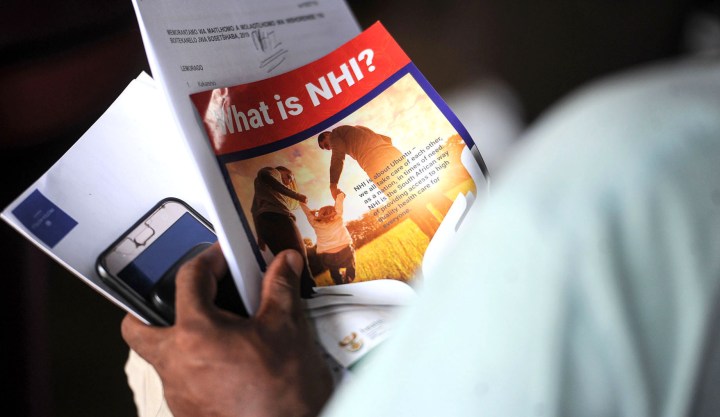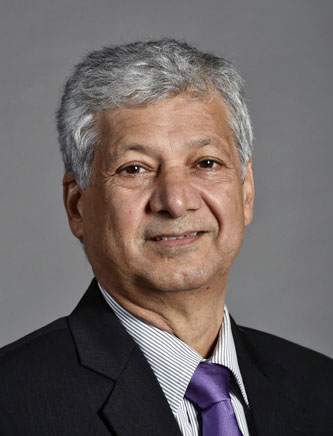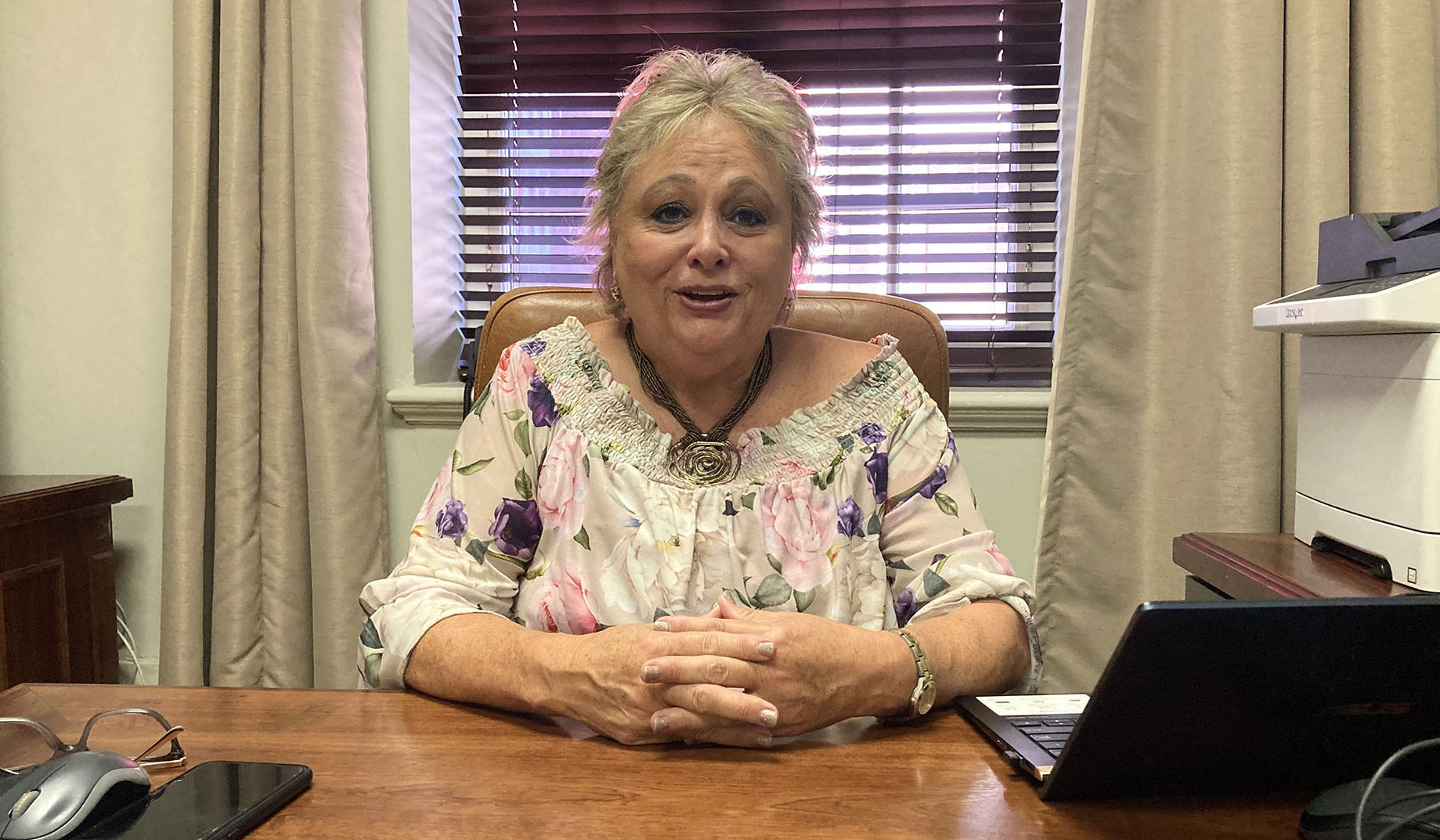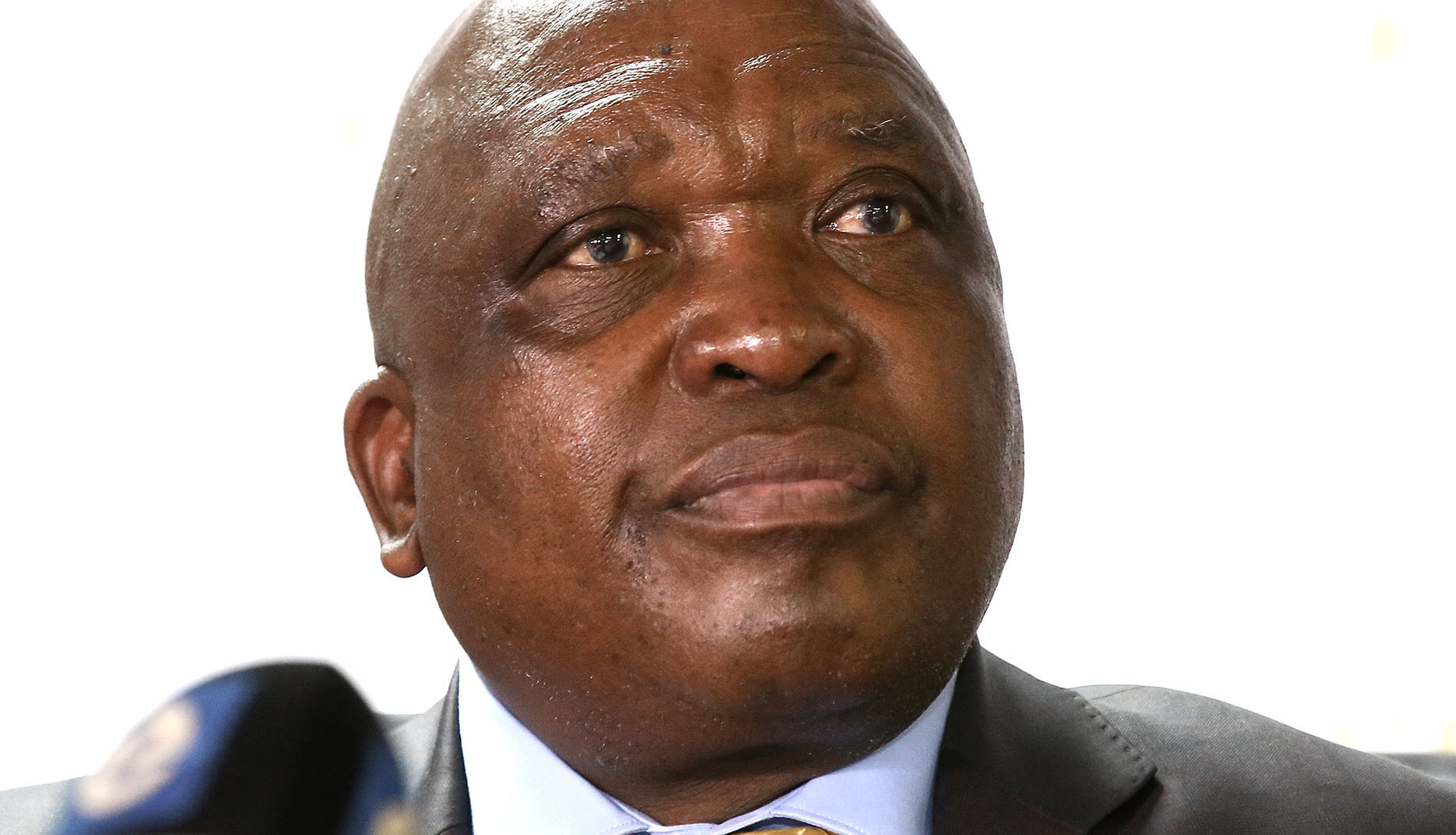SPOTLIGHT
NHI Bill — Clause-by-clause headbutting begins in Parliament

Alicestine October assesses the first leg of the National Health Insurance deliberations and issues set to pop up in the next round of deliberations, starting with clause 5 of the Bill next week.
In what is expected to become a verbal minefield littered with the usual ideological quips, the members of Parliament’s Portfolio Committee on Health this week started the clause-by-clause deliberations on the National Health Insurance (NHI) Bill.
There are various themes underlying many of the contentious clauses that are sure to have MPs bump heads as they navigate this process in weeks to come. Spotlighting the issue around access to healthcare services this week, we look at the first leg of the deliberations and issues set to pop up in the next round of deliberations, starting with clause 5 of the Bill next week.
Where we are
The NHI Bill is still under consideration in the National Assembly and if approved there, with or without amendments, will then be referred to the National Council of Provinces for further consideration. After adopting the motion of desirability a few weeks ago, the committee on Wednesday started deliberating on each clause of the bill.
It has been a long road since August 2019 when the bill was first referred to the committee. Soon thereafter, in October, the committee embarked on the public participation process in the nine provinces. According to the committee’s statistics, 11,564 members of the public across 33 districts attended the hearings and from that 961 oral submissions were heard. Starting in May last year, MPs in the committee heard further oral submissions from stakeholders during virtual meetings of Parliament. Over 330,000 written submissions were also added to the public input pile MPs now have to consider.
So, in theory, the MPs serving on this committee will now, as public representatives armed with these public inputs, have to deliberate on each clause in the bill and propose amendments that will ultimately be voted in or rejected.
But in such a politically contested space as Parliament, the practical reality is often that of political allegiance and ideology triumphing over substantive engagement on the bill.
As it happened
After the committee chair, Dr Kenneth Jacobs read out the first section of the bill, which included the purpose and preamble of the bill during the meeting on Wednesday, the Democratic Alliance (DA), Economic Freedom Fighters (EFF) and Freedom Front Plus were straight out of the blocks to draw their battle lines and reiterate their opposition to the bill in its current form albeit for varying reasons.

Dr Kenneth Jacobs, Parliament’s Portfolio Committee on Health. (Photo: People’s Assembly/Parliamen/Spotlight)
DA MP Michéle Clarke took aim first and highlighted issues around economic viability and affordability as well as questioning the capability of the South African government to “effectively establish and maintain such a large scale undertaking”, among others. The EFF, in turn, made it clear they do not support the bill in its current form because it seeks to enrich the privately-owned healthcare sector at expense of the people. The party has been accusing the ANC government of “misleading” the country because the bill is only “a disingenuous attempt at dealing with our collapsed healthcare system”. Phillip van Staden put the FF Plus’ position on the table saying that “it is abundantly clear that the NHI Bill cannot be implemented and that it is not the right nor the correct way to provide health care services to nearly 58 million South Africans”.

DA spokesperson for health, Michéle Clarke. (Photo: Bienne Huisman/Spotlight)
With the first verbal shots fired, ANC MP Annah Gela then retorted by referring to the “mentality of the opposition” and said that because they are among the minority who are covered by medical aids, they are sorted and so do not care about the poor. Another ANC MP Tshilidzi Munyai then took up the baton and ran with an extensive history lesson on the Freedom Charter and the ANC’s liberation credentials underlying the quest for health for all.
On that note, the scene was set.
Issues of access
As expected, once MPs eventually got to the more substantive issues in the bill almost two hours after the scheduled start of the meeting, it was at clause 4 where they had their first stop. Clause 4 of the bill lists all those eligible for healthcare services purchased by the NHI Fund.
Clause 4 (2), however, then provides for asylum seekers and illegal foreign nationals to only have access to emergency medical services — an issue that various stakeholders raised as a concern during public hearings.
The ANC was first out of the blocks to put forward a proposal on the issue of foreign nationals. ANC MP Nhlanhla Xaba proposed that clause 4 (2)a should be augmented by a sentence that reads: “to provide a more comprehensive service to illegal foreigners, funding must be mobilised from originating countries and the multilateral agencies such as UNHCR and African Union to be negotiated through international agreements”.
This proposal is in line with the public statements made by ANC leaders, notably Health Minister Dr Joe Phaahla who recently, suggested that South Africa should be reimbursed by foreign governments for providing healthcare services to undocumented foreign nationals.

Health Minister Dr Joe Phaahla. (Photo by Gallo Images/Luba Lesolle)
In clause 4(3) Xaba proposed that the word “illegal migrant” be replaced by the word “illegal foreigner” and confirmed that he (and later also other ANC MPs in the committee) agrees with the rest of the clause as is.
From the DA camp, MPs reminded the committee of all the international treaties especially as it relates to foreign nationals that South Africa was a signatory to, and highlighted what was labelled as several contradictions. For example, among those listed as eligible for the healthcare services purchased by the fund, are refugees. Referring to the clause limiting access only to emergency medical services for asylum seekers, DA MP Lindy Wilson said refugees are essentially people fleeing their country and seeking asylum elsewhere. Wilson and EFF MP Dr Sophie Thembekwayo asked that these be clarified and clearly differentiated. On the issue of asylum seekers who are limited to emergency health services, Wilson warned about the constitutionality of this. “We can’t just say you can only get emergency medical services and then let them die of malaria.”
In response, ANC MPs stuck to their guns and advised the opposition MPs to consult existing legislation such as the Refugee Act where these categories of persons are already defined.
And so ended day one of the deliberations with one concrete proposal on the table.
Next stop — clause 5
But the issue of access to healthcare services will not end there and is set to pop up in deliberations on other clauses in the bill — and not just for foreign nationals in meetings to come.
i) Registration
For example, Clause 5 of the bill, which will be under the spotlight next week, provides that those eligible to receive health services as purchased by the fund will have to register at an accredited healthcare service provider or health establishment. This, some stakeholders argued, will automatically disqualify undocumented foreign nationals in the country who do not have the necessary documentation to register. When the committee meets next week, some members are expected to flag this provision calling on those eligible to register only at accredited service providers, as problematic.
ANC MPs, such as Gela thus far during public hearings and briefings on the bill have been consistent in their refrain that under the NHI people would “be treated equally” when seeking healthcare, no matter their status and that the bill will level an otherwise unequal two-tier, fragmented health system playing field.
During the public hearings, however, some stakeholders argued that the registration requirements in clause 5 will unduly burden rural healthcare users who will have to register but are already struggling to get to facilities in remote areas. In a similar vein, opposition parties like the EFF have been vocal about the state of health infrastructure as among the big barriers to access quality health care — something the party said the bill is not addressing. During an earlier public hearing in Parliament, EFF MP Naledi Chirwa said as it stands, the bill will not improve access to quality care, especially for those living in rural areas. She argued that the bill’s provision on referral pathways (another contentious issue in clause 7) will mean that the poor in rural areas will just be condemned to the same poor and under-resourced public healthcare compared to those living in better-resourced urban areas.
But ANC MPs have dismissed these concerns over access, often by parading clause 7 as sufficient insofar as it provides for “portability of services” when healthcare users are “unable to access the health care service provider or health establishment with whom or at which the user is registered”. So this ‘‘portability of health care services’’ according to the bill, means that healthcare users may then access health care services by another accredited service provider. Munyai, during a previous public hearing on the bill, stressed that clause 6 provides for healthcare users “to receive the necessary quality healthcare services free at the point of care from an accredited healthcare provider” upon proof of registration with the Fund. “The health patient registration system,” Munyai maintains, “would ensure that all users were registered to access healthcare within their catchment areas. Services would be portable and there would not be area coverage issues”.
Even so, questions remain which MPs’ deliberations will hopefully clarify. Among these are whether healthcare users will then have to reregister at this other service provider that they access?
ii) Accreditation
The issue of accreditation of health facilities is captured in clause 39 of the bill and will also have implications for access to quality care. The bill requires health facilities and service providers contracted by the Fund to be accredited through the Office of Health Standards Compliance (OHSC) — an institution that has been frank when briefing the committee in the past that budgetary and capacity constraints hamper it fulfilling its mandate. MPs, especially opposition MPs have been vocal about this shortcoming, so the issue is expected to get some mileage out of the deliberations. The DA, specifically, has been hammering on the issue of quality of healthcare services — a word mentioned about 34 times throughout the bill and the OHSC will be key in having to ensure this.
Some of the pitfalls identified with the accreditation requirements in the bill are that many of the existing public health facilities will possibly not be fully compliant, which means they cannot be contracted as providers by the Fund. This, some institutions such as the Public Health Association of South Africa and the South African Medical Research Council fear may have some unintended consequences. One SAMRC scientist earlier succinctly captured this (accreditation as provided for in the bill) as carrying “the risk of socialising the funding of healthcare but privatising the provision of health care in the country”.
This is something lawmakers will hopefully ruminate on — especially the SAMRC’s proposal of adding a sub-clause in s39 that will provide for some kind of provisional accreditation based on a clear plan for improving care and for facilities to meet the standards of full accreditation. This is not just important to ensure continuity of services (access) in cases where facilities do not (yet) meet full accreditation but it will be important to get the focus right for accreditation to not just be a compliance-driven box-ticking exercise, but as a means towards substantively improve quality care.
In this first round of deliberations, none of the MPs explicitly referred to any stakeholder inputs or recommendations relating to the relevant clause that was under discussion, although the sentiments expressed by the DA reflected the concerns expressed in inputs by various civil society organisations. Despite these civil society inputs on the matter, however, the ANC with its first proposal seemed to have opted to toe the party line on how the bill should deal with access to healthcare for foreign nationals.
The committee is expected to continue deliberations on 7 June. DM/MC
Provisional schedule for NHI deliberations
7 June – 9h30 until 13h00 and 17h30 to 20h30
8 June – 10h00 until 13h00
14 June – 17h00 until 20h30
15 June – 10h00 until 13h00
Next Clauses to deliberate:
Clause 5: Registration as users
(1) A person who is eligible to receive health care services in accordance with section 4 must register as a user with the Fund at an accredited health care service provider or health establishment…
Clause 6: Rights of users
Without derogating from any other right or entitlement granted under this Act or under any other law, a user of health care services purchased by the Fund is entitled, within the State’s available and appropriated resources—
Clause 7: Health care services coverage
(1) Subject to the provisions of this Act, the Fund, in consultation with the Minister, must purchase health care services, determined by the Benefits Advisory Committee, for the benefit of users…
Read the bill here.
*NOTE: Apart from attending committee meetings online this analysis also
relies heavily on meeting minutes produced by PMG.
*This article was published by Spotlight – health journalism in the public interest.





















 Become an Insider
Become an Insider
Comments - Please login in order to comment.